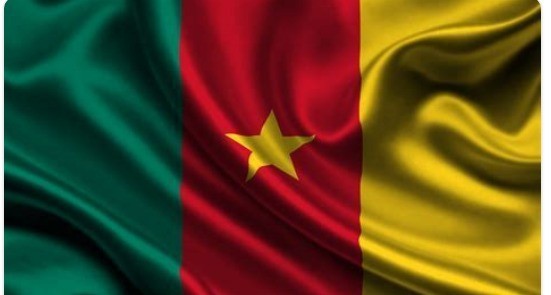Invest as a natural person in Cameroon

The economic activity of a Country is greatly determined by the
combined effort of various economic agents who provide goods and services.
Although the needs of a modern economy are for greater than the means which a
private individual businessman has in possession, private individual
businesses, nevertheless, stand as the driving force of the economic operators.
Prior to investing as a natural person, every prospective
entrepreneur has to consider the following questions before delving into
business as a sole proprietor:
What is a sole proprietor?
What are the characteristics of a sole proprietorship?
What are the conditions to fulfill in a bid to float such a
business and how does it function?
What are the hypotheses in which sole proprietor subjected
under?
Can sole proprietors or private individual businessmen be joined
in business by others within the same scope of business?
Sole proprietorship has no formal definition. However, it can be
understood as all forms of business venture initiated and controlled by a
natural person in his personal name without the creation of a separate entity.
Also, it may be defined as every commercial activity run by a natural which has
no distinct corporate personality, though duly registered in the Trade and
Personal Property Credit Registry (R.C.C.M).
The different and principal forms of sole proprietorship are generally carried as traders, craftsmanship, liberal professionals and farmers.
After ascertaining the type of business to invest in as a natural person, the Cameroonian or foreign entrepreneur shall fulfill the following conditions, to wit:
To Register the business in the Trade and Personal Property
Credit Register at the Court of First Instance of the area where the
headquarters or head office of the venture is situated;
Establish a Tax payer’s card at the Tax office of the area where
the business is situated;
Obtain a letter of non-indebtedness from the said Tax office;
Obtain an attestation of location from the said Tax office;
If the natural person is a foreigner, he must obtain a special
business card issued by the Chamber of Commerce of the area where the business
is situated;
Obtain a business license issued by the Tax Office area where the business is situated.
Sole proprietorship has its characteristics distinct from
companies. Legally speaking, there exists no distinction between the
proprietor/entrepreneur and his venture. Dispossessed of any corporate
personality, the only patrimony left and identifiable is that of the owner of
the business, in this case, the sole proprietor. The proprietor’s liability is
unlimited to his business and any debts incurred by the business shall be
expunged in consideration of his private property and even property acquired in
marriage, if he is married under the regime of joint property.
The doing of business under sole proprietorship has its
advantages as well as disadvantages:
ADVANTAGES:
§ Liberty
and flexibility to venture into new activities;
§ Simplicity
in its creation and management;
§ The
proprietor is faced with lesser procedures to run the business;
§ Lighter
tax regime.
DISADVANTAGES
§ The
unlimited nature of liability between the business and the proprietor;
§ Relative
limited growth at the business on the financial aspect, since the credibility
of the company is directly linked to that of the proprietor;
§ Difficulty in obtaining finances/loans from big institutions.
In summary, the choice of the type of business venture,
especially as a sole proprietor depends strongly on the tax scheme and legal
compliance vis-à-vis the business .It’s therefore important to gauge the
advantages with the inconveniences of the different legal forms under which
business can be done with regard to the anticipated activity, the personal
situation of the proprietor as well as potential financial partners.
Reine B. TSAFACK DONGMO
Solicitor
MOJUFISC

